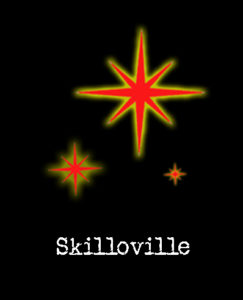Notes – “On the Rainy River”:
Decisions, decisions: To run, or to remain. On the path of no beginning and no end, O’Brien proceeds in the direction of his calling . . . whichever way it may be. With the reality of the pig slaughterhouse behind him, and the refuge of Canada just across a river, the choice to dodge the draft is no longer a choice. The slaughterhouse of Vietnam lay before him. Elroy took O’Brien to the brink of life without war, but it was exile that O’Brien feared most. Explanations become insufficient in the quest for self-sufficiency, and yet the question looms, “What would you do?”
Quotes – On the Rainy River:
“. . . you don’t make war without knowing why.” (38)
“ . . . I was too good for this war. Too smart, too compassionate, too everything.” (39)
“There should be a law, I thought. If you support a war, if you think it’s worth the price, that’s fine, but you have to put your own life on the line. You have to head for the front and hook up with an infantry unit and help spill the blood. And you have to bring along your wife, or your kids, or your lover.” (40)
“I feared the war, yes, but I also feared exile.” (42)
“. . . the man understood that words were insufficient.” (49)
“What it came down to, stupidly, was a sense of shame. I did not want people to think badly of me.” (49)
“Twenty yards. I could’ve done it. I could’ve jumped and started swimming for my life.” (54)
“You’re twenty-one years old, you’re scared, and there’s a hard squeezing pressure in your chest. What would you do?” (54)
“And what was so sad, I realized, was that Canada had become a pitiful fantasy. Silly and hopeless. It was no longer a possibility. Right then, with the shore so close, I understood that I would not do what I should do.” (55)
“I would go to the war – I would kill and maybe die – because I was embarrassed not to.” (57)
“‘Ain’t biting,’ he said.
Then after a time the old man pulled in his line and turned the boat back toward Minnesota.” (57)

